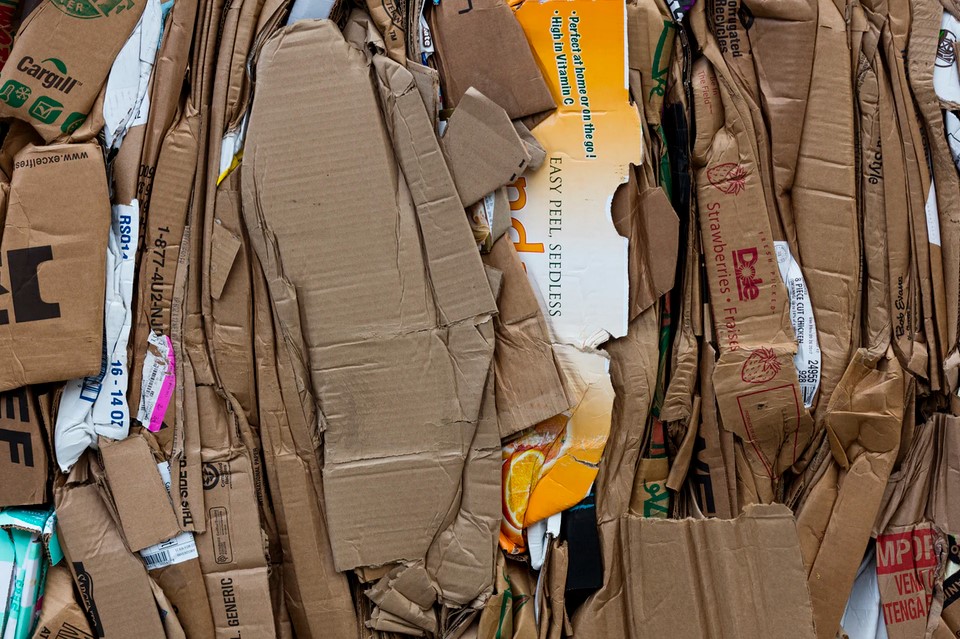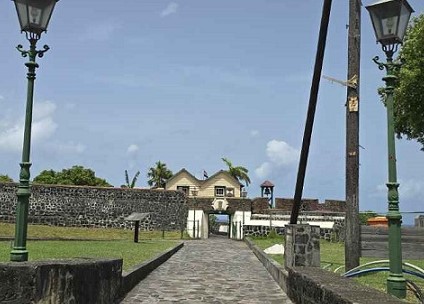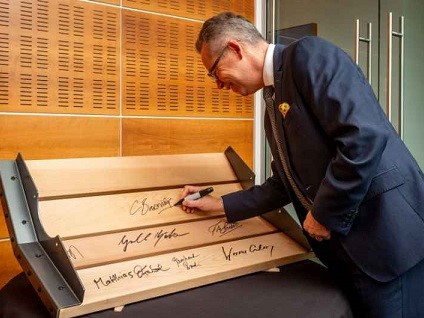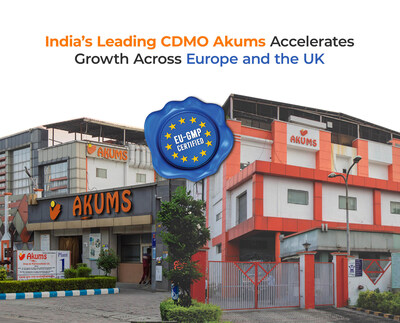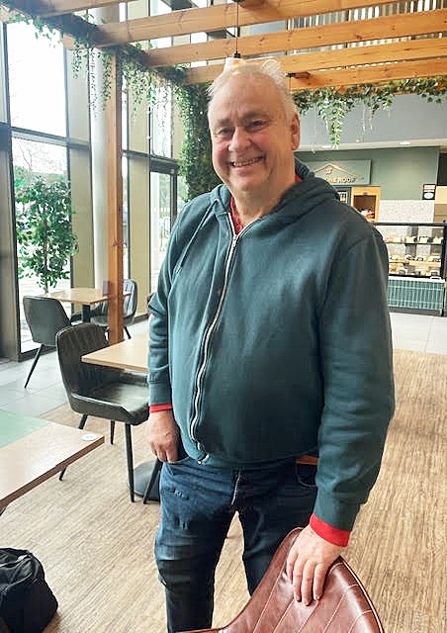Is your local area sitting on a gold mine? Rubbish collection company Divert.co.uk says we all are - and that recycling our overlooked ‘beige gold’ could fund transformative community projects.
As a result of the seasonal demand for cardboard - for delivery boxes, birthday cards, and more - combining with an explosive growth in online shopping sparked by global lockdowns, cardboard packaging manufacturers are finding themselves struggling to get hold of the materials needed to make more boxes, tubes and packing.
This material comes largely from the recycling process: we recycle almost 80% of the cardboard we use in the UK, so much of our packaging finds its way back into the manufacturing process for a new lease of life. But this ‘beige gold’ is now trapped in the homes and recycling bins of the Great British public, rather than the faster-moving commercial recycling processes used by large retailers, restaurant chains and the like.
The result? The price for waste cardboard has now reached £80-100 a tonne - and Divert.co.uk has devised a scheme to get that money into local communities while getting the cardboard log-jam plaguing manufacturers moving.
A spokesperson for Divert.co.uk, Mark Hall, said: “It’s clear that the combined effects of an enormous boom in online shopping and Christmas, plus personnel issues as a result of Covid-19, have had a knock-on effect on the cardboard waste life cycle in the UK, but all hope is not lost.
“We propose placing cardboard waste bins in easily-accessible locations across communities and encouraging residents to bring their ‘beige gold’ along: this can then be sold at the currently high rates per tonne, raising much-needed funding for local communities and fostering a sense of community well-being that is so crucial during these difficult times.
“It’ll open up the conversation about recycling, provide funding for community projects, and can be scaled up as necessary - we could have a Community Cardboard bin at the end of every street!” Between 2011 and 2016, English local authorities cut spending by 27% (Joseph Rowntree Foundation, The cost of the cuts report) - leaving scant resources for frontline services, let alone community projects seen as ‘non-essential’.
To explore how communities would use funds raised, Divert.co.uk ran a poll to reach real communities and hear their ideas. The results were telling - and heartwarming.
Over a quarter (28%) of the respondents said they would allocate the money to creating or renovating playgrounds for local children, while a green-fingered 26% opted for a community garden or shared allotment project. In a more sobering look at the needs of many local communities, a fifth (20%) said their first choice would be to fund local food banks. Happily, local sports teams, community arts projects and other such initiatives also featured highly, suggesting that these projects are sorely underfunded at present.
What community initiative would you fund with money raised from a Cardboard for Communities drive?
New playground for local children - 28%
Community garden/allotment - 26%
Fund local food banks -20 %
Support youth sports teams - 13%
Community arts projects - 9%
Other - 4%
Divert.co.uk’s spokesperson continued: “We’re really excited about how much of an impact this initiative could have: everyone involved would benefit, from the communities collecting their waste and receiving much-needed funds, to waste processing centres which desperately need more cardboard to speed up their recycling process.
“Nowadays, the general public is well aware of how important recycling is to the environment: this is a natural progression of that, encouraging them to see the direct benefit of recycling right in their local area.
“We’ve seen and heard some incredible ideas for the funds raised by this initiative, from planting trees along high-pollution local roads to improve the air quality to funding food banks in more deprived areas. The beauty of this scheme is that each area can decide what’s important to them and then reap the benefits.”



